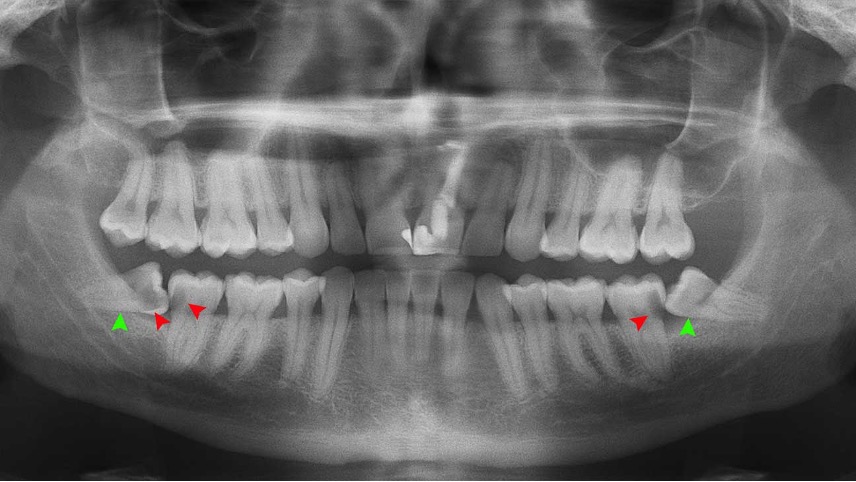Wisdom teeth, or third molars, are the last set of teeth to emerge, usually appearing in late adolescence or early adulthood. While some individuals experience no issues with their wisdom teeth, others may face complications that lead to the question:
In this article, we will explore the question: Should I have my wisdom teeth removed?
Understanding Wisdom Teeth
Wisdom teeth are the last teeth in the mouth to come in. Many years ago, our ancestors needed extra molars to chew tough, raw foods. Today, with changes in diet and jaw structure, many people not have the space to accommodate them. This often leads to problems such as impaction, overcrowding, and misalignment.
When Removal is Necessary
Dental professionals typically recommend removing wisdom teeth in certain situations:
- Impaction: If wisdom teeth fail to fully erupt due to lack of space, they may become trapped in the jawbone or gums. This can lead to pain, swelling, and infection.
- Overcrowding: Emerging wisdom teeth can push against existing teeth, causing misalignment or damage.
- Infections or Gum Disease: Partially erupted wisdom teeth are harder to clean, increasing the risk of cavities and gum infections.
- Cysts or Tumors: In rare cases, impacted wisdom teeth can lead to cyst formation, which may damage nearby structures.
- Chronic Pain: Persistent discomfort or swelling around the wisdom teeth is often a sign of underlying issues.
When Removal May Not Be Necessary
Not all wisdom teeth need to be removed. If they are:
- Fully erupted,
- Properly aligned,
- Easily cleaned,
- And causing no pain or complications,
your dentist may recommend monitoring them instead. Regular dental check-ups and X-rays can ensure any potential problems are addressed promptly.
The Procedure and Recovery
Wisdom tooth removal is a routine outpatient procedure, usually performed under local or general anesthesia. Recovery typically takes a few days to a week, during which you’ll need to follow your dentist’s care instructions, including soft diets, oral rinses, and avoiding strenuous activity.
Making the Decision
Deciding whether to remove wisdom teeth should involve a consultation with your dentist or oral surgeon. They will evaluate your dental health, review X-rays, and discuss the risks and benefits tailored to your situation.
The decision to remove wisdom teeth is not one-size-fits-all. While some individuals may benefit from preventive removal to avoid future complications, others may never encounter issues. Prioritize regular dental visits and open communication with your healthcare provider to make the best choice for your long-term oral health.
Dr. Kendal V. O. Major is Founder and CEO of Center for Specialized Dentistry which is a comprehensive family dental practice operating in Nassau and Freeport. He is the first Bahamian Specialist in gum diseases and dental implants since 1989. He also is a certified Fast braces provider. His practice is located at 89 Collins Avenue, Nassau at (242)325-5165 or [email protected]

Panoramic X-ray- The Lower wisdom teeth (3rd molars) leaning forward causing a
food trap and cavities on the 2nd molars

Impacted wisdom tooth leaning forward

Flap of tissue partially covering the wisdom tooth. Circled area behind is infected





